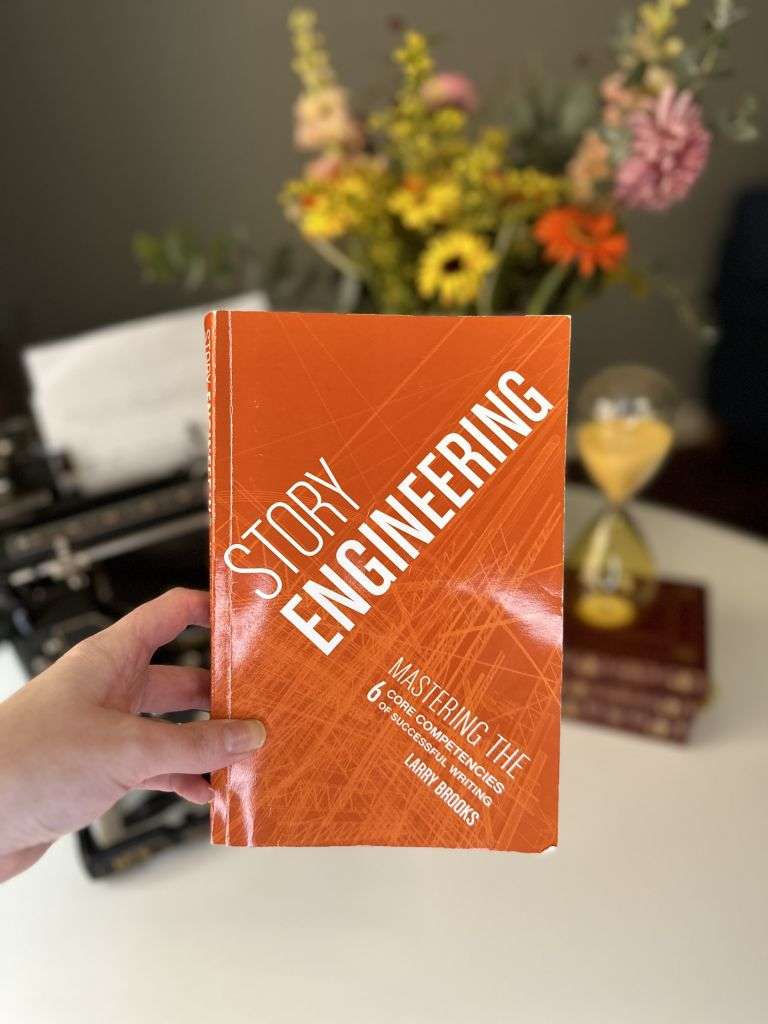I’ve heard several writers say that Larry Brook’s book Story Engineering helped them become better writers and that learning the techniques of the book led to them getting published. I’ve almost read the whole book these are my takeaways from the book.
The book goes through six competencies that Brooks believes every good writer needs to know in order to write a really good book.
The six core competences for writing
– Concept -Knowing the storys concept means that your should be able to ask the question “what if”. For my debut novel The Escape, the what if question was “What if a fourteen-year-old undocumented boy decides to flee over the mountains to Europe.” That what-if phrase leads to a series of new questions, which is the concept that drives the entire story.
– Character – Make sure you have a three-dimensional main character who has an external drive, an internal drive, and an obstacle that stands in the way of the character achieving his or her goals. Consider the character’s development (character arc) through the story, if a character starts as a weak nobody, the character may be a strong person by the end of the book.
– Theme – Unlike concepts, theme is what the story wants to say about real life. Is it that you should believe in yourself? That dreams can come true or something else? (If you want to read more about theme, there is a good article about it in Writers Digest).
– Story structure – Which parts come first? What does the reader need to know when? And no, you can’t just make this up as you go, you need to follow the expectations of the genre you have chosen to write in. Knowing these is the first step towards getting published.
– Scenes – Learn how to build a scene and what is expected to be in one. If there is no reason for the scene to be there, it should be deleted. All scenes should move the story forward, and there are principles and guidelines that hold this together.
– Author’s voice – Cannot be taught, you will find yours through practice.

The part that especially helped me with the script I’m writing right now, a romance novel, was the concept part. By coming up with an interesting and strong concept, the story has almost written itself. It feels like that, anyways. There is a kind of forward momentum all the time because of the concept.
I recommend this book to anyone who writes fiction. We all have something to learn from Brooks and he has many good examples in the book. I myself have used highlighters and post-its at interesting passages in the book.
What are your favorite books on writing?



